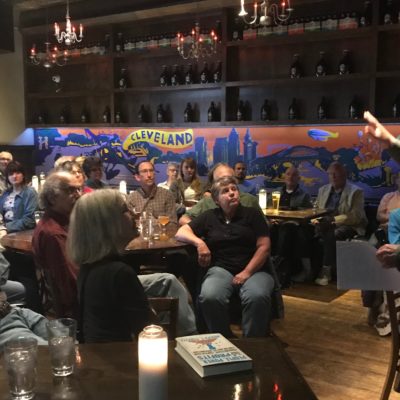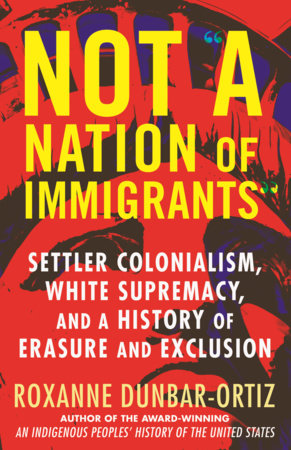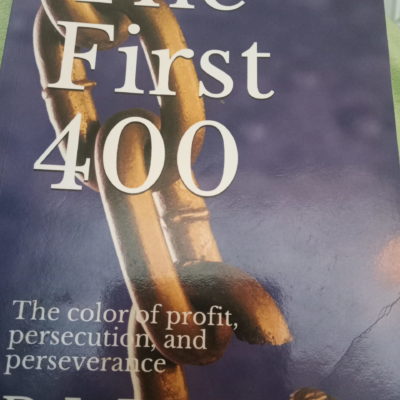by Mark Weber
Steve Cagan’s very informative talk last night got me to thinking. He mentioned that the United States was less of a presence in Colombia now than in years past. In the early 2000’s there was in South America what journalists dubbed the “pink tide.” In countries like Argentina, Chile, Bolivia, Brazil, and Venezuela socialist or left populists came to power. Most famous was the Bolivarian revolution in Venezuela led by Hugo Chavez. The United States feared that Colombia might be “lost” as well. Insurgent forces in Colombia controlled almost half of the country. I think these were mainly the FARC and the ELN, the two largest groups of insurgents at that time. The United States was determined to keep Colombia as an ally. U.S. representatives worked with then President Uribe (elected in 2002). The result was an agreement called Plan Colombia coupled with counterinsurgency training, which resulted in a spike in U.S. assistance making Colombia the highest recipient of U.S. aid after Israel. With an increase in military aid and funds for aerial spraying of some coca growers in the remote parts of the country, Colombia moved much closer to the top of the U.S. strategic priority list. The aerial spraying program was and continues to be a failure.
However, Plan Colombia called for and Uribe implemented a kind of “militarization” of the entire country. This partly resulted in turning the tide in the ongoing civil war with the insurgents led by the FARC. In 2012, the U.S. Congress passed the U.S.-Colombia Free Trade Agreement and then in 2016, the Colombian Government under the successor to Uribe, President Santos, signed a “peace agreement” with the FARC. In Washington, Colombia was seen as being on the road to “normalization.” In addition the “pink tide” has now receded with right-wing victories in Argentina, Chile, Brazil, and in Colombia as Uribe’s puppet, Ivan Duque, succeeded Santos after narrowly beating a leftist candidate who was once a member of the insurgent group M-19. In addition, the ongoing economic and political crisis in Venezuela has taken Colombia out of the political spotlight. Of course, as Steve’s presentation powerfully asserted: Colombia remains an unhappy land with a decline in insurgent fighting but with a rise in targeted killings and other forms of localized violence against citizens whose only agenda is a better life.






Leave a Comment